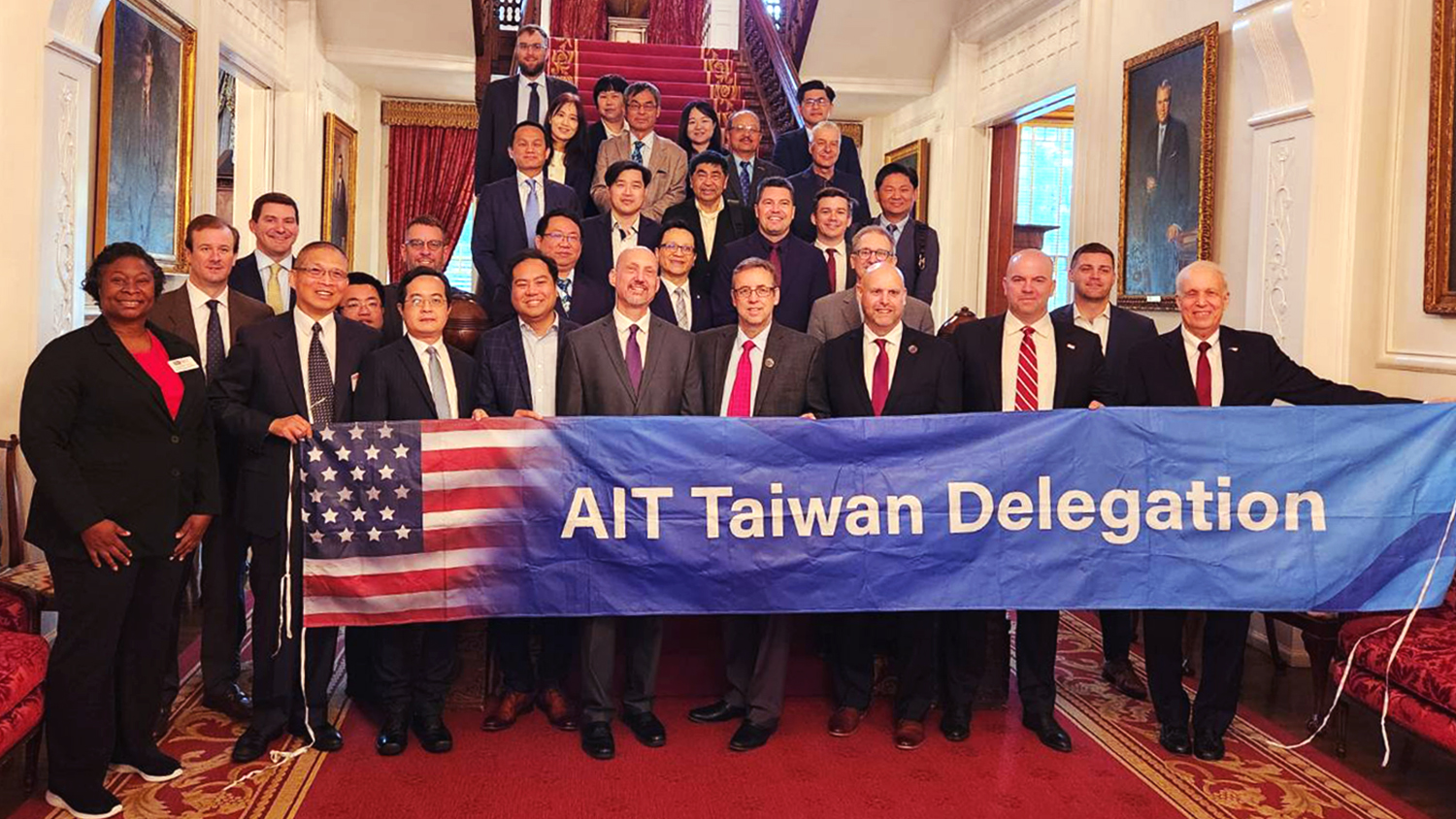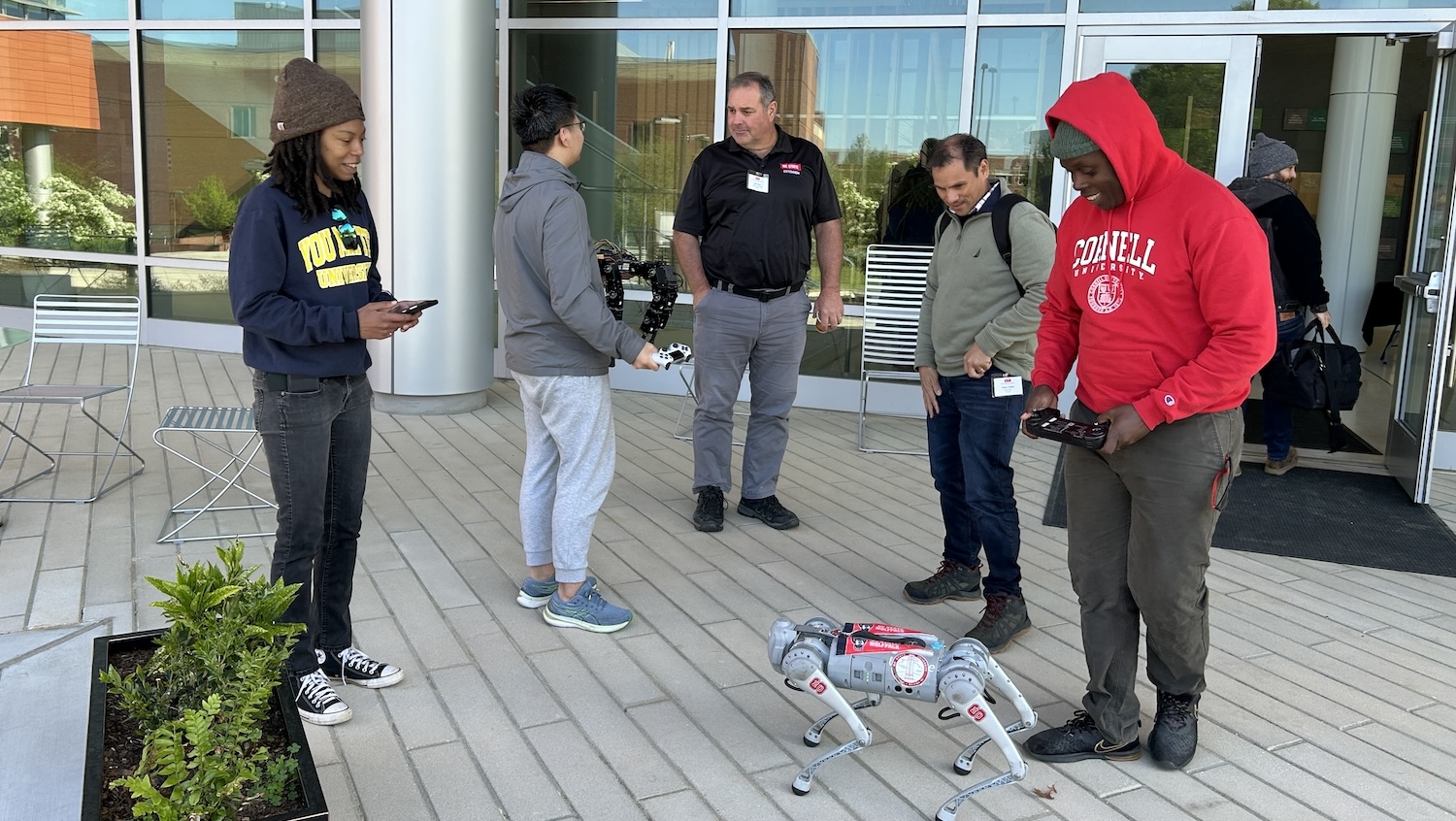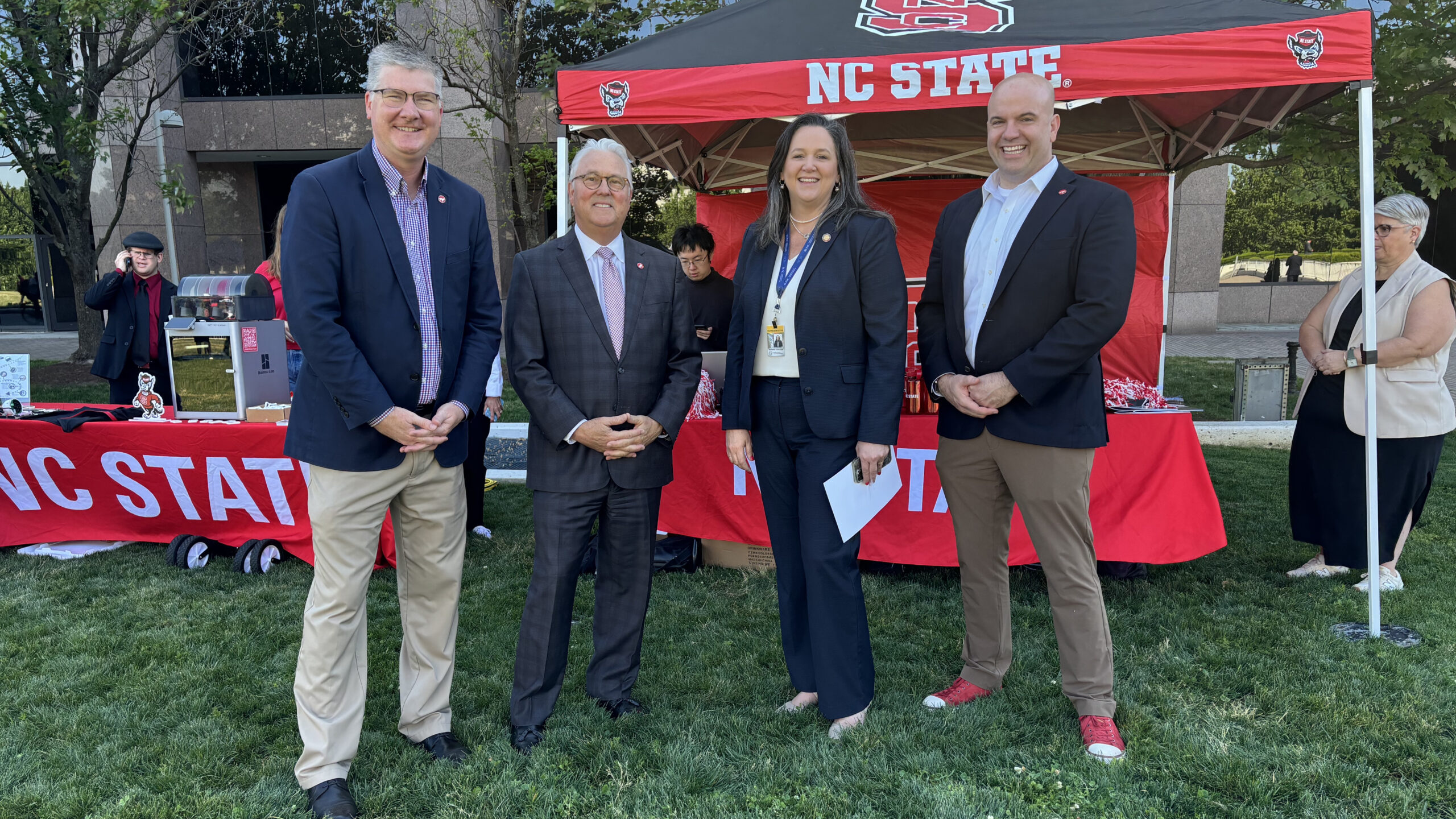While most high school students spend their weekdays in classrooms, students at Cristo Rey Research Triangle High School (CRRTHS) are developing professional skills through their school’s Corporate Work Study Program. The College of Engineering’s Office of Academic Affairs is serving as a workplace sponsor for eight students in the 2021-22 school year.
“Enrollment at CRRTHS is focused on students of color, first generation and lower socio-economic families, and the culture is around uplifting families that have sometimes limited educational opportunities,” said Jerome Lavelle, associate dean of academic affairs, and sponsor of the program at NC State. “These goals are absolutely consistent with those we promote in engineering, and so for me it was a natural connection.”
Susan D’Amico, coordinator of engineering K-12 outreach extension for The Engineering Place, emphasized the importance of students’ involvement in job-related work experiences. As D’Amico sees it, including practical applications directly in a school curriculum motivates students to learn, and provides them perspective on what they have to look forward to.
“Most of us would have loved some insight into what the work world is like when we were in school,” D’Amico said. “The insight they gain is invaluable, because the most important thing a young person can do is explore, experience and dream.”
D’Amico describes the program as having three components: hands-on tasks with deliverables, job shadowing with mentors and professional development experiences. Within the academic affairs office, the eight students rotate through teams of two or three faculty and staff members who develop and supervise experiences for the students each week. Each pair of students works from 10 a.m. until 3 p.m. Monday through Thursday.
“They are being pushed and challenged to learn and to try things because even if they fail, it is through failure that they get stronger, become more prepared and develop resiliency,” D’Amico said.

To further ensure that students are getting the most out of their work experiences, students fill out electronic time sheets and describe the activities they performed. After which, students’ academic advisors identify what students did well and ways to continue improving.
As these first-year high school students begin their journey, Lavelle sees the program as a chance for students to learn what it takes to be successful in a professional environment while seeing the opportunities available to them in engineering and computer science.
“I’m looking forward to figuring out what engineering I want to do, and getting to know the different engineering types along the way,” said Amani, a ninth grader.
“It’s been a learning experience to see what it’s actually like to have coworkers and a job,” said Isabella, a ninth grader.
CRRTHS opened its doors in Durham to its first class of 80 students in fall 2021, with assistance from the Catholic Diocese of Raleigh. CRRTHS is a member of the Cristo Rey Network, a network of 37 preparatory schools in cities across the nation including San Francisco, New York, Boston, Philadelphia and Chicago. Approximately 12,000 students are enrolled, and more than 18,000 have graduated from the program.
The Cristo Rey network aims to give economically underserved high school students the opportunity to engage in rigorous coursework while pursuing professional work experience that further builds their skills and knowledge to prepare them for college and beyond. As compared to the total low-income population of the United States, 90% of Cristo Rey graduates are enrolling into college and of those enrolled, those students are three times more likely to obtain their bachelor’s degree by age 24 compared to others.
Through its Corporate Work Study Program, CRRTHS combines four years of professional work experience and four years of college-level academics. The program places students in entry-level employment up to five days a month throughout their four years of school in order to help prepare them to meet the demands of college and future careers.
- Categories:



